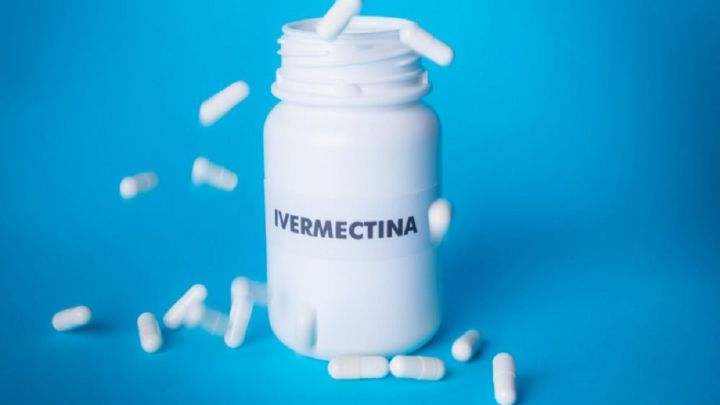Source: AS.com
A study by ISGlobal and the Clínica Universidad de Navarra points to a significant reduction in viral load in those who received ivermectin.
During the first months of the pandemic, ignorance of the disease led to the use of different treatments in order to alleviate the most serious symptoms of the coronavirus disease. At that time, some drugs such as ivermectin , hydroxychloroquine or dexamethasone were used to treat COVID .
However, it is an antiparasitic drug that has been used since 1970 against some diseases such as scabies . Its effectiveness is partial against about 300 viruses (including dengue, Zika or West Nile virus, so the possibility was raised that it would be effective in stopping the spread of the pandemic . So, Dr. Carlos Chaccour, A researcher at the Barcelona Institute of Global Health and a doctor at the University of Navarra Clinic, he began to investigate the question.
The role of ivermectin in transmission
Before obtaining results, an Australian experiment demonstrated, in vitro, that it had managed to reduce the replication of the pathogen in cell lines . From there there were two currents of thought: those who warned that Australians used concentrations higher than those recommended for use in humans and those who were in favor. “Some killed the treatment ahead of time, others administered it without a filter and we opted for the middle way: studying it “, emphasizes Dr. Chaccour.
This is how he started the SAINT project , a pilot study that has just been published in the journal EClinicalMedicine , of the prestigious group The Lancet . The study findings indicate that early ivermectin administration can reduce viral load and symptom duration in patients with moderate disease.
A small pilot study by @ClinicaNavarra and #ISGlobal suggests that early administration of #ivermectin can decrease viral transmission in patients with mild COVID19 .
Despite the fact that there are already two vaccines approved for use in the European Union (Pfizer and Moderna) , it is also necessary to develop drugs that help reduce the risks in those patients already infected . This is due to the long time it will take to vaccinate a large part of the population, which is able to stop the spread.
This was the study
In this study carried out by ISGlobal, 24 patients participated and had its origin in March, although permission was not obtained until the end of May . “So, at the University of Navarra Clinic there were no more patients. And we didn’t have the patients to recruit until September,” they explain. Among them, patients between 18 and 56 years old (with a mean age of 26), without previous pathologies , with moderate infection in the first 72 hours after the appearance of symptoms.
When the patients began to be chosen, nasopharyngeal smears and blood samples were taken , as well as four, seven, 21 and 28 days after the start of treatment . Half received ivermectin and the other half, placebo. At four days, the viral load in those who had received the drug was four times less ; past a week, up to eighteen times less.
In addition to presenting less viral load, the appearance of fewer symptoms was also remarkable: fewer olfactory problems and a shorter duration of cough . Likewise, all patients developed antibodies against the virus, which was lower in the case of those who received ivermectin. “It could indicate that the treated patients developed a lower viral load ,” says Chaccour.
Related:
Ivermectin for Covid-19: Database of all Ivermectin COVID-19 studies – 35 trials and growing
Malaysia to run trials for 2 drugs in Covid-19 treatment, including Ivermectin
Not Using Ivermectin, One Year In, Is Unethical And Immoral
COVID-19: A realistic approach to community management – HCQ & IVM in concert with vaccination

